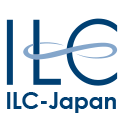- Home
- Symposiums & Seminars 2010~2019
- Ikigai & Tasukeai Summit in Osaka (Summit for meaningful life & cooperation) Panel Part 3, Parallel Session 51 How do other countries support lives of older people through mutual-help activities in communities?
Symposiums & Seminars
Ikigai & Tasukeai Summit in Osaka (Summit for meaningful life & cooperation) Panel Part 3, Parallel Session 51 How do other countries support lives of older people through mutual-help activities in communities?
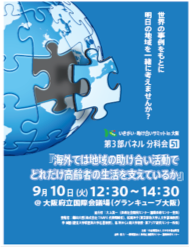 “Ikigai & Tasukeai Summit in Osaka” was held at Osaka Prefecture International Convention Center (Grand Cube Osaka) on September 9 and 10, 2019, sponsored by the Sawayaka Welfare Foundation.
“Ikigai & Tasukeai Summit in Osaka” was held at Osaka Prefecture International Convention Center (Grand Cube Osaka) on September 9 and 10, 2019, sponsored by the Sawayaka Welfare Foundation.
During the summit, ILC-Japan organized a session titled “How do other countries support lives of older people through mutual-help activities in communities?” on September 10 from 12:30 to 14:30.
Session Program
| Moderator: Shinichi Ogami (Director, ILC-Japan) |
| ■Part 1: Presentations | |
| 12:30-12:50 | Shift toward “independence,” “participatory network society” and “community building” in European countries |
| Yoko Matsuoka (Associate Professor, Faculty of Humanity, Tokyo Kasei University) | |
| 12:50-13:20 | Building a society where everyone can play their best role: Reablement in the UK as an example |
| Tomohiro Kamata (Guest Lecturer, Division of Health Sciences at Osaka University Graduate School of Medicine; CEO, TRAPE) | |
| 13:20-13:35 | Lives of centenarians in South Korean communities |
| Sung-Kook Lee (Professor, Kyungpook National University) | |
| 13:35-13:50 | Mutual support and mutual help in Shanghai, China |
| Lizhong Ma (Director, Research Center for East Asia, Shanghai University) | |
| ■Part 2: Panel discussion | |
| 13:50-14:30 | Panelists: All the presenters Coordinator: Shinichi Ogami |
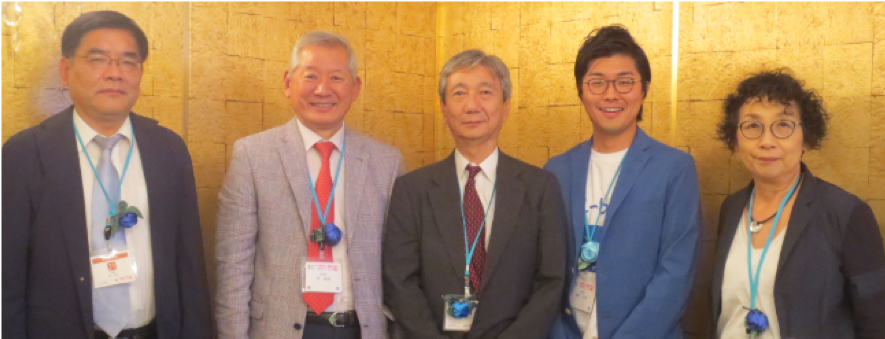
(From left) Mr. Ma, Mr. Lee, Mr. Ogami, Mr. Kamata and Ms. Matsuoka
In the Parallel Session 51, we had four presentations and a panel discussion based on the presentations.
Ms. Matsuoka, the first presenter, reported on the paradigm shift in developed countries. The new paradigm not only focuses on promotion of independence among older people but also shifts the idea of support for older people, from “using formal systems only” to “supporting their independence and participation in communities.” In 2013, the Dutch King announced the shift from the welfare state to a participation society where people would take responsibility for their own lives and immediate surroundings.
In Denmark, since 2015, the focus has been on support for local voluntary organizations and development of hubs. When people start needing support, they would generally receive intensive rehabilitation so that they can continue to live at home.
Also in Australia, since 2015, support for older people has thoroughly shifted its focus from “providing services for them” to “finding their strengths and abilities.”
These are just a few examples to show how developed countries further promote independence of older people and development of community resources such as voluntary organizations.
Next, Mr. Kamata introduced “reablement services” in the UK. The fundamental principle of these services, which have been growing recently in the country, is “for everyone to have a better life by having a role in a community.” To this end, municipal reablement teams provide short-term intensive rehabilitation to older people, who have become frail due to isolation and other reasons, and link them to a variety of activities in communities.
Mr. Lee from South Korea introduced tips for healthy longevity based on the findings of a study with centenarians, including: engaging in some kind of work every day, maintaining a healthy lifestyle, and having positive relationships with other people. He also reported that the “community-led social service policy” was about to start in South Korea so that people requiring care could receive services tailored to their needs in the familiar environment and stay connected in their own communities.
Mr. Ma, the last presenter, introduced the common understanding shared at the Northeast Asia Trilateral Forum in 2014: “Asia is aging. The population bonus keeps disappearing in East Asia as the population aging accelerates. This will have direct and negative effects on economic growth. Japan, China and South Korea, as the leading players in Asia, should further strengthen their cooperation.” He also introduced examples in Shanghai City, including lifelong learning programs and a mechanism for the young-old to support those aged 80+ (e.g., safety monitoring, homemaking, accompanying to hospitals, etc.).
Based on these presentations, this parallel session confirmed the significant paradigm shift at the global level toward social participation among older people. The participants also agreed that “building communities through mutual help,” which has been promoted in Japan, is a key agenda shared across the globe and should be the top priority.
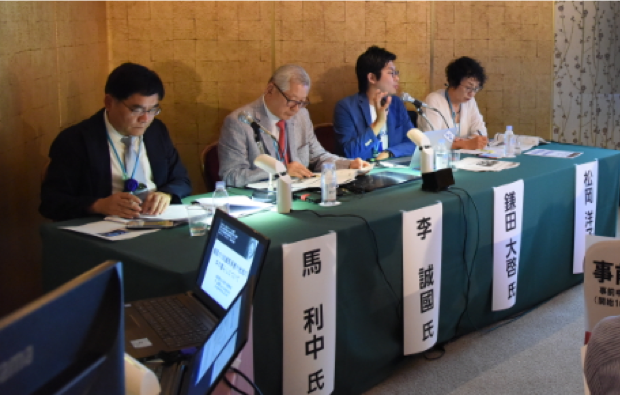
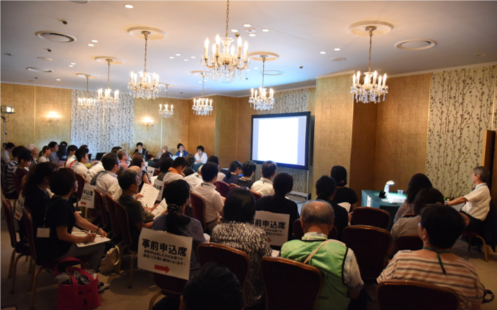
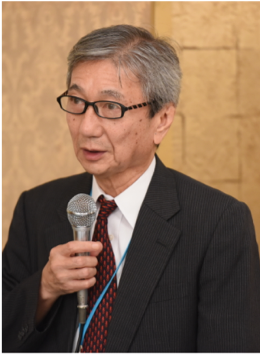
Copyright © International Longevity Center Japan All rights reserved.
